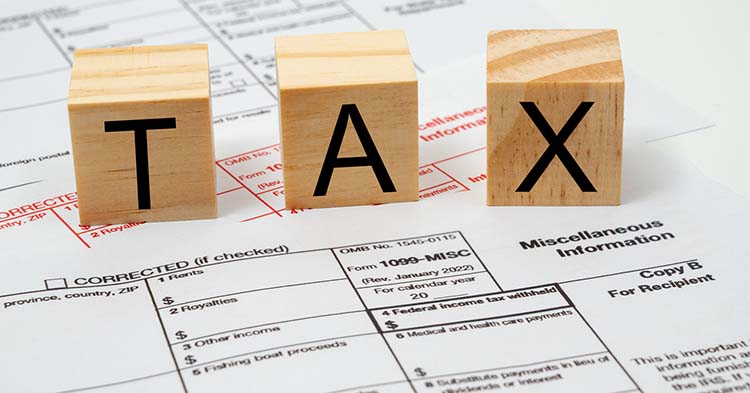Page 19 181 - 190 of 242
How to Calculate Capital Gains on Gifted Property?

Gifting an asset to someone can provide for some large tax savings. This can mean millions of dollars gifted without paying taxes. It also helps that the gift tax rules aren’t difficult to follow. In this article, we’ll explore how gift taxes work.
What is the Difference Between Capital Gains and Dividends?

When working to build your wealth, it’s important to understand the difference between various returns you may receive on your assets. Two of the most common returns are capital gains and dividends. Each income comes from a different source and is taxed differently by the IRS.
When Do You Pay Capital Gains on Stock?

Investing in the stock market can be an effective wealth-building strategy. When you choose to sell your shares, however, you may face capital gains tax on the profits of your sale.
How Are Capital Gains Taxed on Stock?

Selling a stock for a profit creates a realized capital gain. These gains are taxable. How much in taxes an investor might pay is dependent on their income and the holding period of the asset. Some investors use this information for more tax-efficient stock investments. Let’s see how it works.
How Can I Offset or Defer the Sale of Capital Gains on a Business?

are a number of ways to save on capital gains taxes when selling a business or asset. We're going to look at two tax-advantaged ways to structure the sale of a business. One is called the deferred sales trust (DST), and the other is the charitable remainder trust (CRT). Both offer capital gains tax advantages but serve different goals.
Do You Pay Capital Gains on Stock Options?

Stock options can be a nice employer perk, but what does that mean for the employees come tax time? We’ll explain capital gains and stock options.
Who Pays Capital Gains Tax on Gifted Stock?

Over the next 25 years, the biggest transfer of wealth in human history will take place. Some $68.4 trillion will be transferred to younger generations through gifts and estate plans. And some of that wealth will be in the form of stocks. Which leads to the question, who pays capital gains tax on gifted stock? We’ll explain in this article.
Do Capital Gains Affect Your Tax Bracket?

Understanding the difference between ordinary income and capital gains (both long and short term) and how these affect each other can be confusing. As an investor, you can benefit from managing your tax obligations. A clear explanation of tax brackets is a good starting point.
Who Pays Capital Gains Tax?

Capital gains fall into a category of income called unearned income. This separates them from income that people earn at their job (i.e., wages). Because of this difference, capital gains may be taxed differently from earned income. In this article, we’ll look at how capital gains are taxed and who has to pay them.
What Is the Difference Between a Realized Gain and an Unrealized Gain?

When you buy a real estate investment property, your goal is likely to make a passive income, grow your portfolio, and eventually sell the property for a profit. The profit you make from selling a property yields what’s known as a realized gain; however, you can predict this profit by calculating the unrealized gain on your investment to understand the best time to sell your property.
Page 19 181 - 190 of 242


